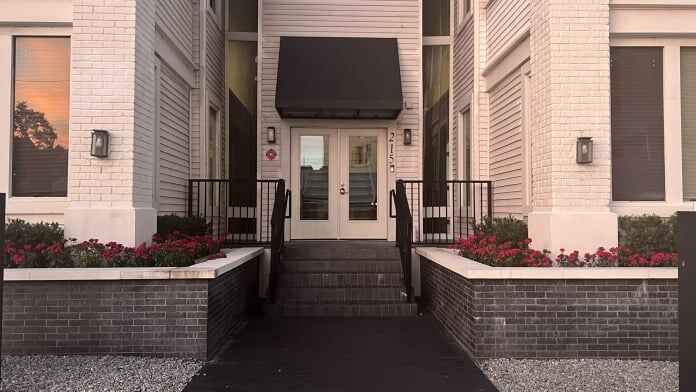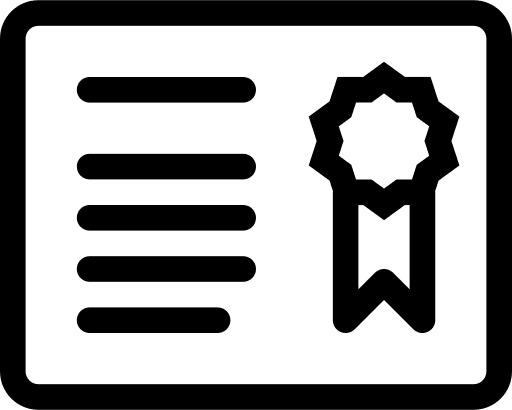About WhiteSands Alcohol & Drug Rehab Tampa – Tampa
WhiteSands Alcohol & Drug Rehab Tampa is an addiction treatment center in Tampa, Florida. They offer dual diagnosis care, medication assisted treatment for opioid addiction, detox treatment, inpatient rehab, a partial hospitalization program and general outpatient rehab. They accept most of the private insurance and self pay options.
White Sands Alcohol & Drug Rehab offers addiction recovery services for adults in Tampa, Florida. Their approach to treatment is to provide an individual care plan based on the client’s needs. They focus on helping patients to replace addictive behaviors with healthier habits. This can include creating your own daily routines and improving eating and sleeping habits.
The programs provided at the facility are inpatient treatment, inpatient detox, day night treatment, and intensive outpatient treatment (IOP). All staff members who work with patients have a Ph.D, M.D. or nursing level skills. Each staff member is also specifically trained to treat substance related disorders.
One unique thing about this facility is that it has a flexible 60-day program that combines outpatient and inpatient treatment services. As an example, some patients may choose to do 5 days of inpatient and 55 days of outpatient treatment. In general, most patients follow the typical 35 day inpatient program and the 25 to 55 day intensive outpatient program. When clients complete the combined inpatient and intensive outpatient program, they’ll transition into the White Sands Recovery Program, where they’ll receive follow ups with medical providers and outpatient therapy.
I like that this facility allows patients to have their electronic devices to connect with their families and unwind after their therapy sessions for the day. All patients will also have their own private rooms with flat screen TVs and queen-sized beds. A variety of recreational activities are available for clients to enjoy, such as beach volleyball, a boxing program, movie watching, and walking paths. Participating in different activities can help patients stay fit and develop new hobbies to help them lead a healthy life after treatment.













